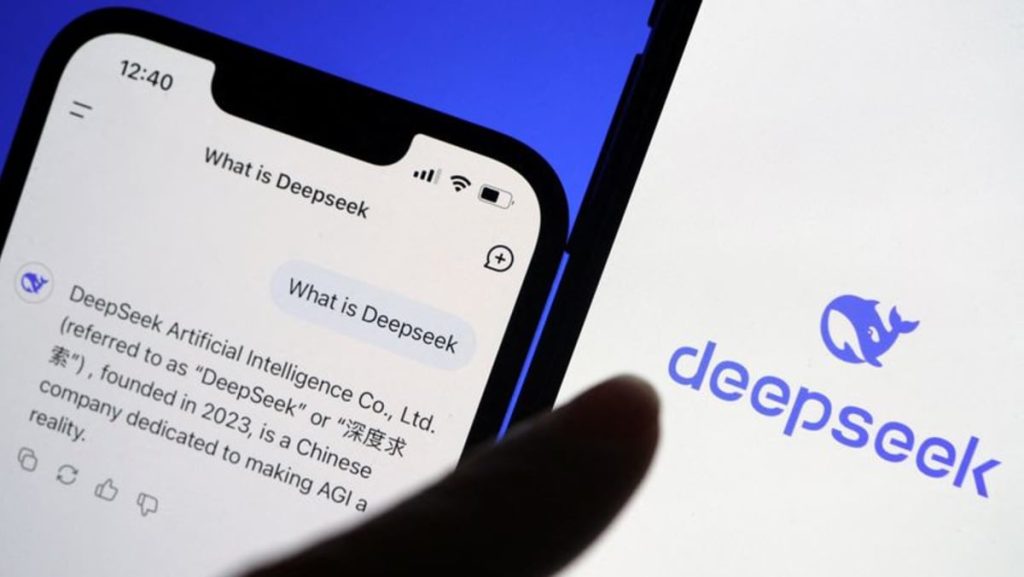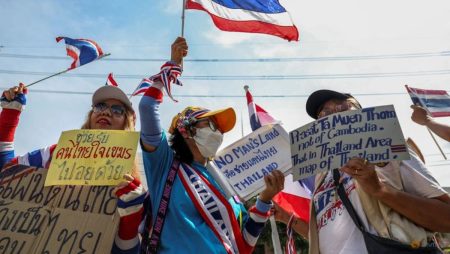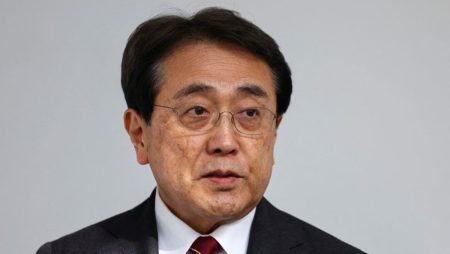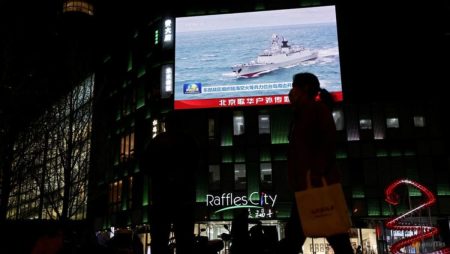The South Korean government has taken a proactive stance on the burgeoning field of generative artificial intelligence (AI), implementing temporary restrictions on the use of specific AI services, particularly the Chinese-developed DeepSeek, within government agencies and urging caution among private sector companies. This move, driven by security concerns, reflects a growing global apprehension regarding the potential risks associated with rapidly evolving AI technologies, especially those originating from geopolitical rivals. South Korea’s action follows similar expressions of concern from Australia and the United States, highlighting a shared unease about data security, privacy, and the potential for misuse of powerful AI tools.
The core of the concern revolves around the potential for data breaches and the unauthorized access to sensitive information. Given the vast amounts of data processed by these AI services, including potentially confidential government and corporate information, the risk of leakage or manipulation is significant. DeepSeek, in particular, has drawn scrutiny due to its Chinese origins, raising concerns about potential links to the Chinese government and the possibility of data being subject to Chinese laws and regulations. This apprehension is exacerbated by the lack of transparency regarding DeepSeek’s data handling practices, prompting South Korea’s information privacy watchdog to initiate an inquiry into the company’s data management protocols.
The South Korean government’s directive, issued to ministries and agencies, advises caution in utilizing AI services like DeepSeek and ChatGPT, reflecting a broader effort to mitigate potential risks. State-run organizations, such as Korea Hydro & Nuclear Power, have proactively blocked access to these services, demonstrating a commitment to safeguarding sensitive information. The private sector, too, is taking heed, with major tech players like Kakao Corp, SK Hynix, and Naver implementing restrictions on the use of generative AI services, particularly those that store data externally. This cautious approach underscores the industry’s recognition of the potential security vulnerabilities inherent in these powerful technologies.
This wave of caution coincides with DeepSeek’s recent launch of advanced AI models that have garnered significant attention in the tech world. The company claims its models rival or surpass those developed in the US, offering comparable performance at a significantly lower cost. This competitive advantage, however, has not allayed concerns about data security and potential misuse. The rapid advancement of AI capabilities, combined with geopolitical tensions and concerns about intellectual property theft, has created an environment of heightened scrutiny and a need for robust regulatory frameworks to address the emerging challenges.
The implications of South Korea’s actions extend beyond immediate security concerns, reflecting a broader debate about the ethical considerations surrounding AI development and deployment. The potential for bias in algorithms, the impact on employment, and the need for transparent and accountable AI development processes are all key aspects of this ongoing discussion. The cautious approach adopted by South Korea and other nations underscores the need for a global conversation about responsible AI development and the establishment of international standards to ensure the safe and ethical use of these transformative technologies.
As the global AI landscape continues to evolve at an unprecedented pace, the actions taken by South Korea serve as a significant precedent for other nations grappling with the complex challenges posed by this technology. The need to balance innovation with security, to ensure data privacy while fostering technological advancement, and to address the ethical implications of AI are paramount. The ongoing dialogue and regulatory actions will shape the future trajectory of AI development and deployment, underscoring the importance of international cooperation and responsible innovation in navigating this rapidly changing technological frontier. South Korea’s proactive measures reflect a growing recognition of the need for a comprehensive and globally coordinated approach to address the complex and evolving challenges presented by artificial intelligence.










